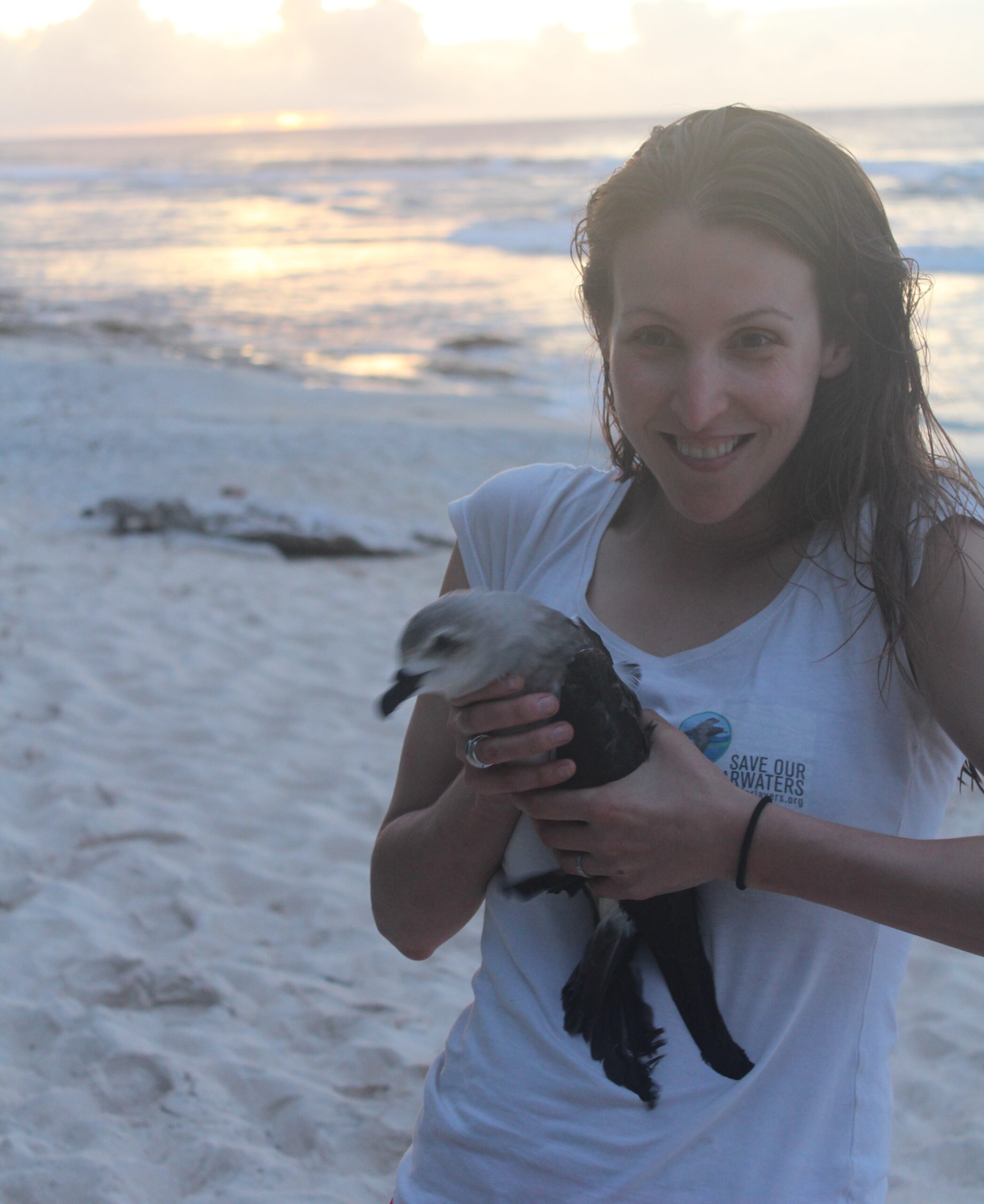HUGE new collaborative paper on petrels and ocean plastic

#AdriftLab are thrilled to have been involved in another ground-breaking, international research project involving more than 100 scientists from around the globe, including the USA, UK, Spain, France, New Zealand, and Mexico. Published last night in the journal #NatureCommunications, Adrift Lab’s own Dr Jenn worked alongside a renowned team to compile data on #plastic ingested by #petrels (a particular group of seabirds). These data were combined with a huge tracking dataset (>1.6 million locations for >75 seabird species) and an equally impressive dataset on the abundance of plastic in all the world’s major ocean basins. Together, these data were used to identify seabirds at most risk. In other words, this team of researchers asked: which species commonly forage in areas of the ocean where large amounts of plastic have accumulated?
So, why does this matter? This kind of international, investigative teamwork is essential to identifying conservation and research priorities, which is particularly important as the pace and scale of environmental change (including #PlasticPollution) ramps up and funding for mitigation really hasn’t keep pace. As Dr Jenn says “We lack a comprehensive understanding of plastics’ impact on species and ecosystems, but what we do know is deeply concerning. In the past few months alone, we learned that ingested plastic causes significant damage to the stomach, and as a result, it is unlikely to function correctly as a digestive organ or barrier to virus and bacteria. Other organs, such as the liver can also be seriously harmed through exposure to #nanoplastics and the resulting, chronic inflammation. Together, these symptoms were defined as a new disease, #Plasticosis. Thus, a detailed knowledge of when and where marine animals are most at risk of encountering plastics while at sea could not be more timely”.
Access the paper (it’s been published #OpenAccess = free to download) here > https://www.nature.com/articles/s41467-023-38900-z
Acknowledgements: Adrift Lab’s involvement in this international #collaboration would not have been possible without long-standing support from #TraditionalOwners of Kepa Kurl/Esperance. The #EsperanceTjaltjraak #AboriginalRangers assisted with development of Western Australia’s new #seabird monitoring program, which includes deploying #tracking devices and compiling data on #PlasticIngestion. We are grateful to #BirdLifeMarine and #BirdLifeInternational for their inclusive approach to co-authorship, and in particular, Dr Bethany Clark for her leadership, compassion, and perseverance